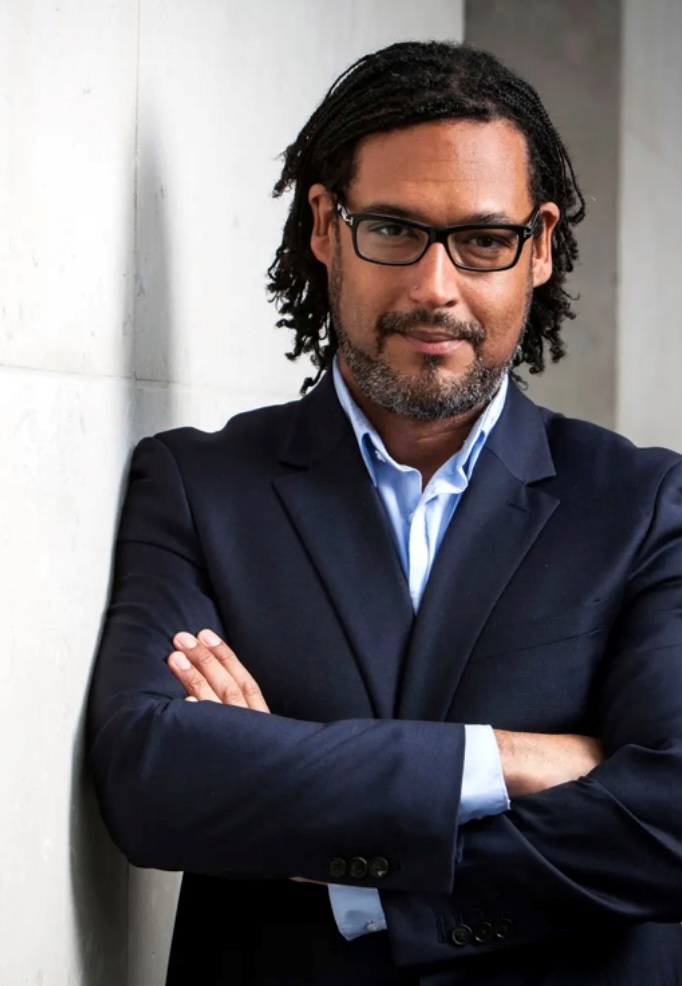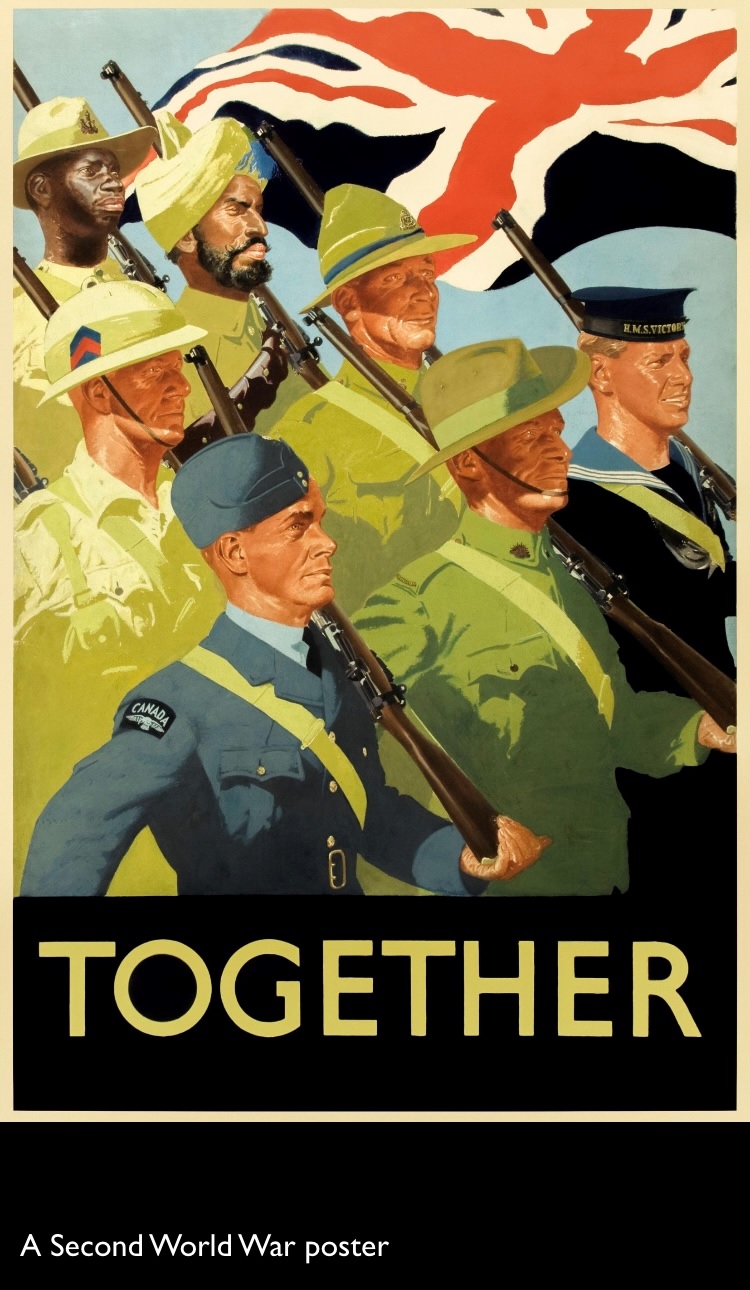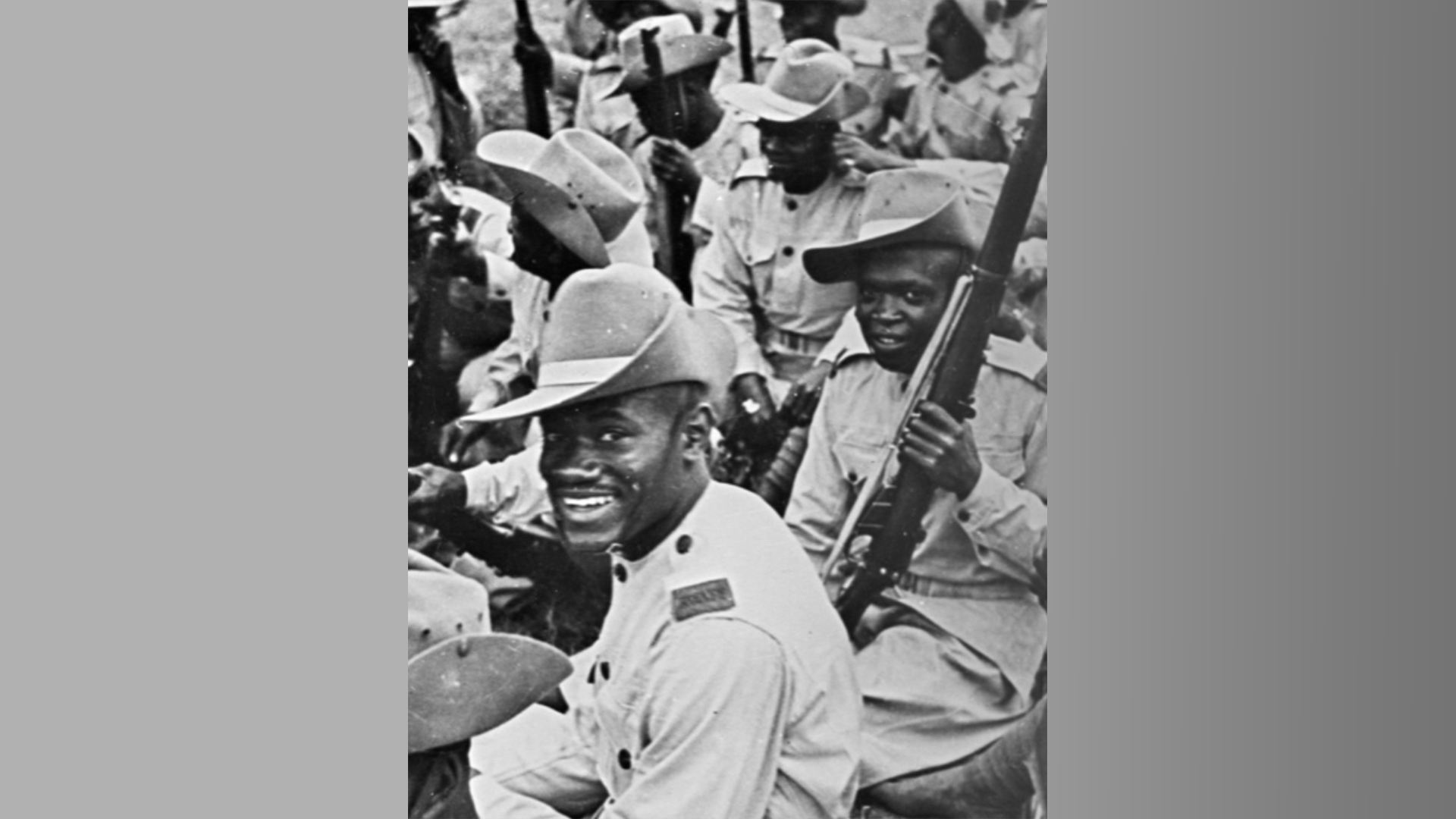Britain will build new memorials to black and Asian service personnel who died fighting for its empire after hundreds of thousands were not commemorated.
The government apologised yesterday for historical failures by which “pervasive racism” underpinned a failure to properly commemorate personnel from the colonies.
Ben Wallace, the defence secretary, said in the Commons that the unequal treatment identified in a report was inexcusable. A special committee convened by the Commonwealth War Graves Commission found that at least 116,000 such casualties, and perhaps as many as 350,000, were not commemorated by name and some were not commemorated at all.
A further 45,000-54,000 other casualties were commemorated unequally, according to the committee. It found that the failure to memorialise these casualties adequately was rooted in “the entrenched prejudices, preconceptions and pervasive racism of contemporary imperial attitudes”.
Wallace said: “On behalf of the Commonwealth War Graves Commission and of the government both of the time and of today I want to apologise for the failures to live up to their founding principles all those years ago and express deep regret that it has taken so long to rectify the situation.”
In Sierra Leone, 795 names of those who should have been commemorated will, after consultation, be added to a new memorial within the next two years. The commission said it was too soon to be specific on how many new memorials elsewhere would be required, “but where absences in commemoration can be corrected, they will be, in a timely manner”.
In other cases, the commission said that names would be added to existing “nameless memorials”. It said decisions on how personnel were memorialised would hinge on discussions with local communities and that some memorials would probably be digital. It is understood that the commission does not want to cause controversy by erecting Menin Gate-style memorials across Africa.

Dr David Olusoga
This morning David Olusoga, professor of public history at Manchester University, said that Britain’s failure was one of the worst scandals he had come across in his career.
Olusoga, whose television company produced the 2019 documentary Unremembered: Britain’s Forgotten War Heroes, which led to the investigation, told Today on BBC Radio 4: “It is a war that deeply changed our culture, and part of the impact of the First World War was the power of the way those who fell were memorialised. When it came to men who were black and brown and Asian and African, it is not equal, particularly the Africans who have been treated in a way that is, as I said, it’s apartheid in death.
“It is an absolute scandal. It is one of the biggest scandals I’ve ever come across as an historian, but the biggest scandal is that this was known years ago.”
Olusoga said the Commonwealth War Graves Commission, under its previous leadership, “chose to ignore” the work of Professor Michèle Barrett, highlighting inequalities in commemoration that were counter to the commission’s stated ideal of equality of treatment in death.
David Lammy MP, who presented the documentary, told the BBC that while making the film in Kenya and Tanzania, he discovered mass graves in which Africans had been “dumped with no commemoration whatsoever”. He said it was a travesty that men who served the British Empire were not commemorated properly, but welcomed the report. “I’m just really, really pleased that the dignity that these men deserved — who were dragged from their villages and commandeered to work for the British Empire — that dignity that they deserve in death can be granted to them,” he said.

Altogether the report estimates that more than three million British colonial and dominion subjects served in the First World War and more than 500,000 died. While about a third of those serving were from the “white-settled dominions of Canada, Australia and New Zealand”, they were only “one part of a much bigger global story”. It refers to remarks by colonial officials, stating that many Africans had “primitive principles and do not bury their dead” or did not “attach any sentiment to marking graves” among other evidence of “entrenched prejudices”.
The war graves commission today apologised “unreservedly” for the failings highlighted in the report and committed to implement a set of ten recommendations contained in it. This work will include searching for the identities of unnamed war dead, building new physical memorials and commemorating more casualties online. Regarding new physical memorials, it said it was “too soon to be specific on how many, where or when these may be required but where absences in commemoration can be corrected, they will be, in a timely manner”.

































































